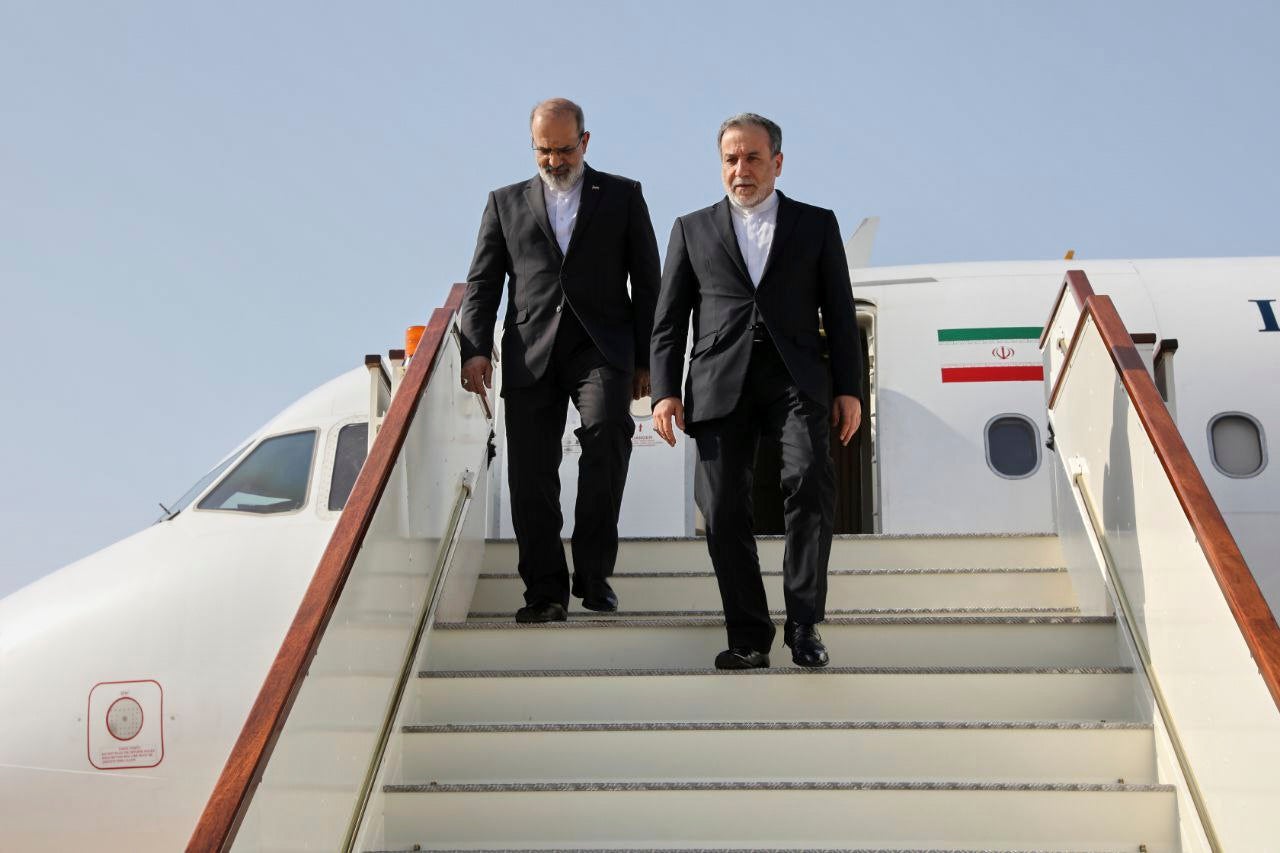Iran says it will not strike a nuclear deal with the US until it has clarity on sanctions relief even as Washington pushes for a speedy agreement.
Iran and the US have held five rounds of talks since April, primarily mediated by Oman, to work out a new agreement, with Washington focussed on preventing Tehran from obtaining nuclear weapons.
Iran says it’s willing to negotiate but insists on a deal that guarantees lasting sanctions relief and respects its right to enrich uranium for civilian purposes, a key sticking point.
"I regret to inform you that the American side has not yet been willing to clarify this issue," a foreign ministry spokesperson, Esmaeil Baghaei, said during a weekly press conference in Tehran.
"It must be clear to us how the oppressive sanctions against the Iranian people will be lifted to ensure that past experiences are not repeated. No agreement will happen unless we have clear and reliable assurances about the end of sanctions. So far, we haven’t seen what we need to from the other side – only repeated waves of sanctions before each round of negotiations.”

Omani foreign minister Badr bin Hamad Al Busaidi, who is mediating the talks, presented elements of an American proposal for a nuclear deal during a short visit to Tehran on Saturday.
US president Donald Trump, who ripped up the previous nuclear deal during his first presidency, recently said he envisioned an agreement with Iran that would let America “blow up” any infrastructure, such as nuclear sites and labs, deemed a threat.
He said such a deal could be finalised in the “next couple of weeks” and claimed talks had made “a lot of progress”.
An advisor to Iran’s Supreme Leader, Ayatollah Ali Khamenei, said “accessing Iran’s nuclear sites and ‘blowing up infrastructure’ is a fantasy past US presidents shared”.
“Iran is independent, with strong defenses, resilient people, and clear red lines,” Ali Shamkhani added.
In his first term, Mr Trump unilaterally withdrew from the nuclear agreement with Iran known as the Joint Comprehensive Plan of Action.
He now wants to replace or modify it with a "stronger" deal, threatening military action if diplomacy fails.







